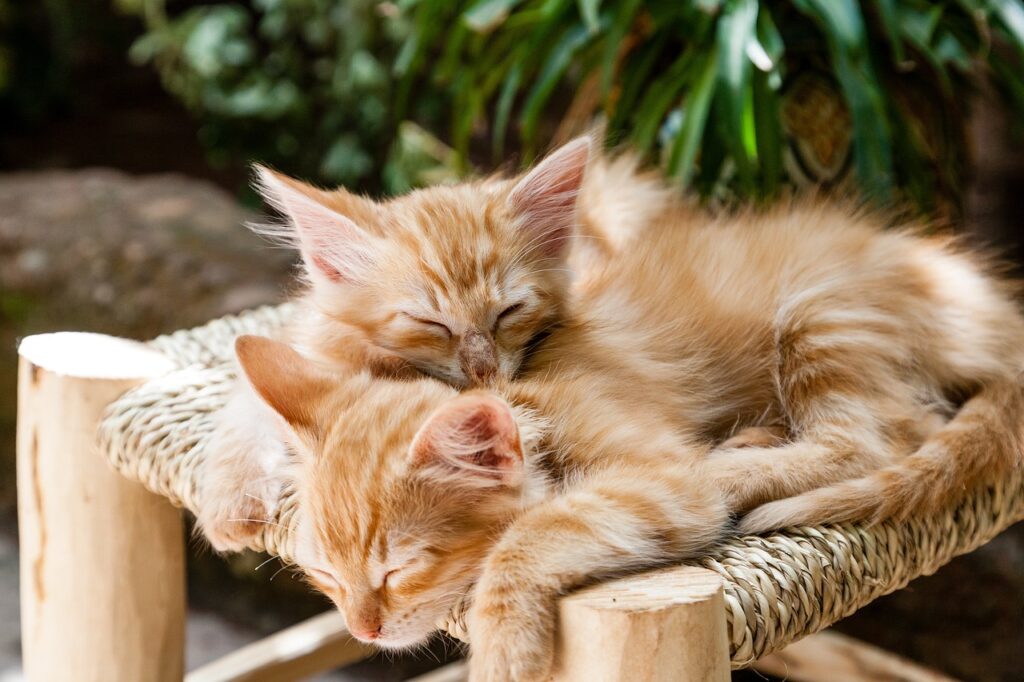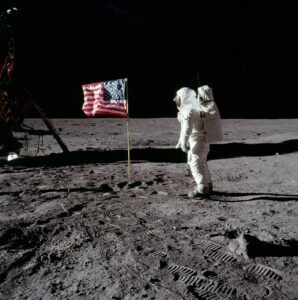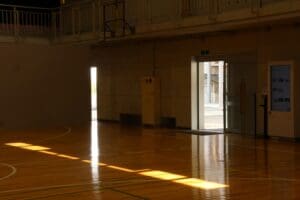One of the most fascinating discoveries in recent years is that the human brain has a system designed to rid itself of waste.
Just as your body needs food to produce energy, so does the brain. This food consists primarily of sugar and oxygen that is absorbed by brain cells to provide energy for the brain to properly function. As with your body taking food in, the processing of food by the brain cells leads to waste being produced.
This is where the brain’s “waste disposal system” comes into play. The anatomical structure known as the glymphatic system is composed of a series of tubes that carry fresh cerebrospinal fluid into the brain where it is mixed with waste fluid that surrounds brain cells, then flushed the fluid mixture into the bloodstream. This process principally occurs during deep sleep.
Scientists have found evidence that a poorly performing glymphatic system may play a role in neurological deterioration, which is often found after traumatic brain injuries or in chronic brain disorders. Since it has been established that “chronic” sleep deprivation increases the risk of brain disease, it has been postulated that this occurs due to the reduction of waste disposal.
Here are some more interesting facts about sleep:
Light affects your sleep. Our body has an internal timekeeping system called Circadian rhythm. This “body” clock is primarily modulated by the penance of light. When it is dark the body procure more of a hormone called melatonin which assists in going to sleep. Less melatonin is produced in the morning when it is light outside.
Therefore, being exposed to light late at night and, conversely, being exposed to darkness during the daytime can alter a person’s circadian rhythm. The reversed “signaling” results in the melatonin production process also being reversed.
The sudden sensation that you are falling while asleep is known as a myoclonic jerk.
Scientists have yet to discover the cause of this disruption during sleep. It tends to occur more often in young people, however, anxiety, physical activity, or the intake of caffeine near bedtime increases the odds of it occurring.
A snail can remain asleep for up to three years. The slimy little creature can slumber for a few hours or an astonishing three years.
Napping during work is considered honorable in Japan. While dozing off during work in the U.S. may get you fired, In Japan it represents diligence. In other words, you have toiled so hard you are at the point of exhaustion. The Japanese have a name for napping on the job, it is called inemuri, which roughly translates to “present while sleeping.”
Sleep exhaustion mimics consumption of alcohol. Going without sleep for 16 hours has the same effect as having a blood alcohol level of .05 percent.
Sleeping on your stomach aids digestion. Snoozing on your belly has been shown to lessen the risk of heartburn.
Lack of sleep makes you hungry. Going without sleep causes your body to produce more of a hormone called ghrelin. This substance sends hunger signals to the brain, which in turn increases the chances of having “the midnight munchies.” Conversely, getting the proper amount of sleep can help regulate hunger hormones, which will cause you to eat fewer calories.
Sleeping too much is actually a disorder. This medical condition is called hypersomnia. People suffering from this affliction will experience severe sleepiness during the day, and will typically sleep for inordinate amounts of time during the night.
You grow .3 of an inch while sleeping. However, when you get out of bed, gravity compresses your skeletal structure, and you shrink back to your normal height.
The best music to fall asleep by matches your heart rate. A study done in Hong Kong demonstrated that subjects who listened to music 30-45 minutes before bedtime slept better. During the course of the three-month study, volunteers fell asleep faster, experienced a deeper sleep, and felt better when they woke up in the morning.
The key to achieving these goals lie in the selected songs’ BeatsPerMinute, which was typically, 60-80 BPM which simulates average heart rate as one falls asleep.








